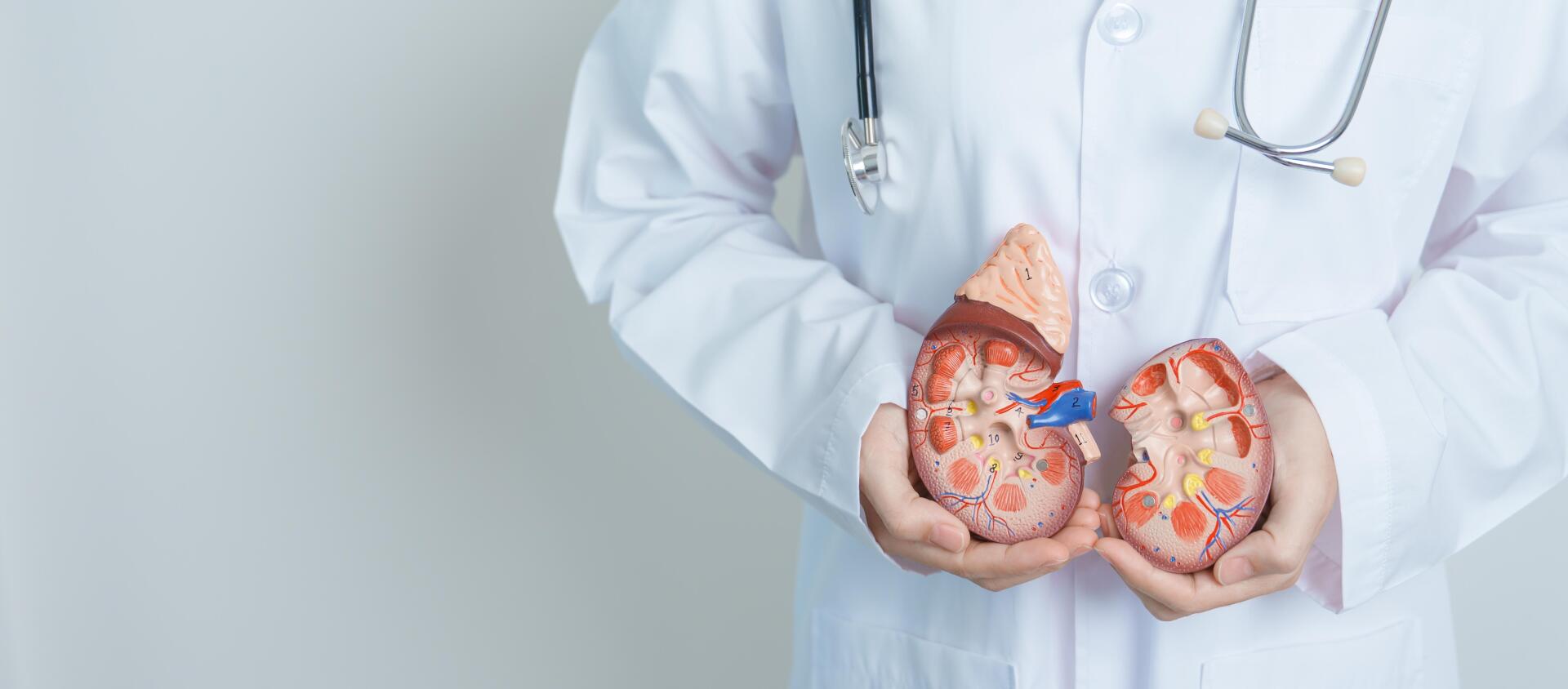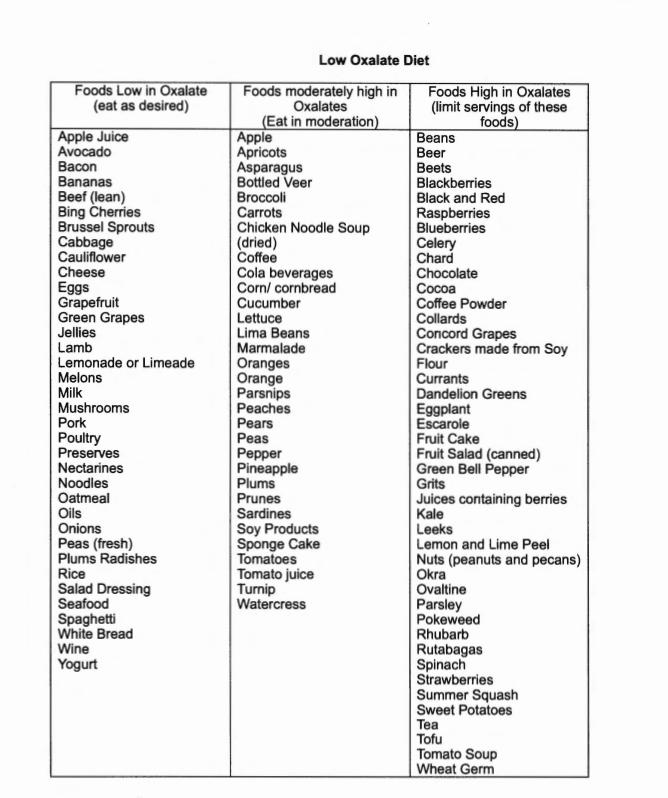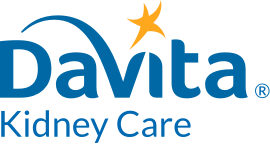
Kidney Stone FAQ
What is a kidney stone?
A kidney stone is a hard mass that forms from crystals in the urine. These crystals form when substances in the urine (such as calcium, oxalates, and phosphorus) become highly concentrated in the urine. Approximately 1 in every 1,000 adults are hospitalized each year for kidney stones.
Kidney stones may remain in the kidney, or they can move down the ureter into the bladder. When kidney stones move, they cause pain in the back and side which may radiate to the lower abdomen. If these stones are small (less than 5 mm), they may pass on their own. If they are larger, they may require surgery to remove them.
Are all kidney stones the same?
No. There are 4 main types of kidney stones.
1. Calcium Stones are the most common type of kidney stones. They are formed from high calcium and high oxalate excretion, and when the pH for the urine if high (alkaline).
a. Oxalates are found naturally in many foods, including fruits and vegetables, nuts and seeds, grains, legumes, chocolate and tea.
b. Calcium in the digestive tract binds to oxalates from foods and keep it from entering the blood. This extra calcium is then excreted by the kidneys into the urine, where it can form stones.
2. Uric Acid Stones form when the urine is acidic. A diet rich in animal protein (such as meats, fish and shellfish) may increase uric acid in the urine.
3. Struvite Stones can result from recurrent kidney infections.
4. Qysteine Stones result from a genetic disorder that causes cysteine to leak through the kidneys and into the urine, which then form crystals.
Who is at risk for developing kidney stones?
• History of intestinal surgery or difficulty digesting fat, as seen after bariatric surgery.
• Intestinal malabsorption syndromes, "leaky gut"
• Recent or heavy antibiotic use
• Hyperparathyroidism
• Diet high in oxalate containing foods
• Dehydration, prolonged constipation or diarrhea
• Pancreatic insufficiency
• Congenital malformations of the urinary tract
What can I do to prevent kidney stones?
1. Staying well hydrated by drinking enough water is one of the best measures you can take to avoid kidney stones. It is very important that you drink at least 3 quarts (12 cups) of fluid throughout the day.
2. Get the calcium you need. Too little calcium in your diet can cause oxalate levels to rise. To prevent this, make sure that you are getting the amount of calcium that is appropriate for your age. 3. Reduce Sodium intake. Sodium increases the amount of calcium in your urine. Current guidelines suggest limiting your sodium intake to 2300 mg daily.
4. Limit animal protein. Eating too much protein (such as with a low-carbohydrate diet), boosts uric acid levels and could lead to kidney stones.
Is there a special diet I can follow to help prevent me from having more kidney stones?
You may be asked to make changes in the amount of salt (sodium), calcium, oxalate, protein, citrate, potassium and fluid in your diet. You may need to see a registered dietician to help make some of these changes.
Extra sodium results in an increase in calcium excretion in your urine, putting you at risk for developing a stone. If you have high calcium in your urine then it may be helpful to reduce your sodium intake.
Reducing dietary oxalates can help reduce the formation of stones, especially if other treatments do not help.

Your Local Nephrologists in Akron, Ohio
At Northeast Ohio Nephrology Associates, Inc. we are here to help individuals dealing with chronic kidney conditions. Our skilled nephrology doctors can help to develop personalized treatment plans and provide cutting-edge therapy options, all while assisting with practical needs, like lifestyle modification, education, and patient support. Contact us today to learn more about our services–together we can get you on the path to better kidney health!
Our Affiliates
Contact Us
(*) - Required field








